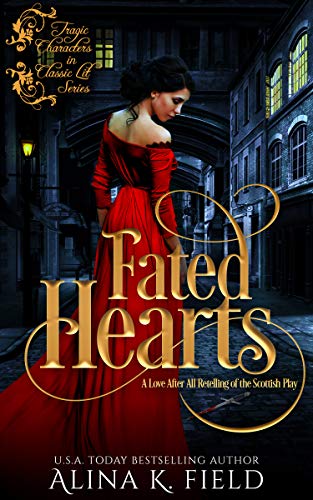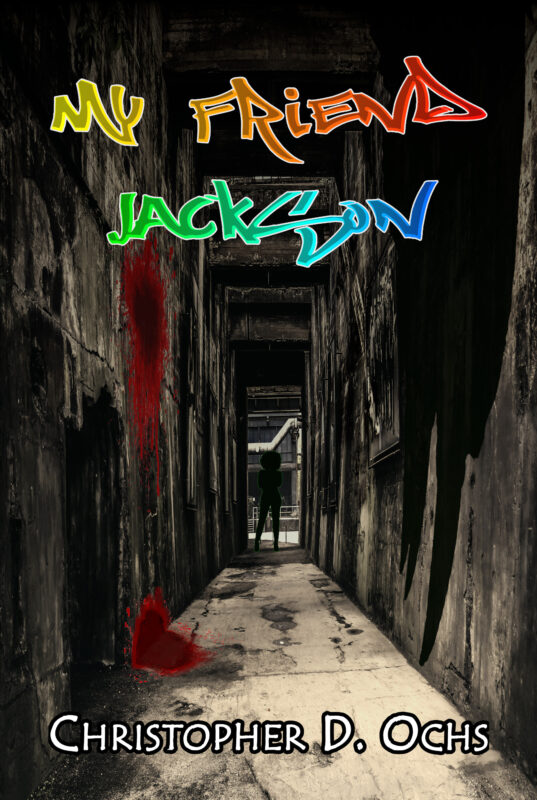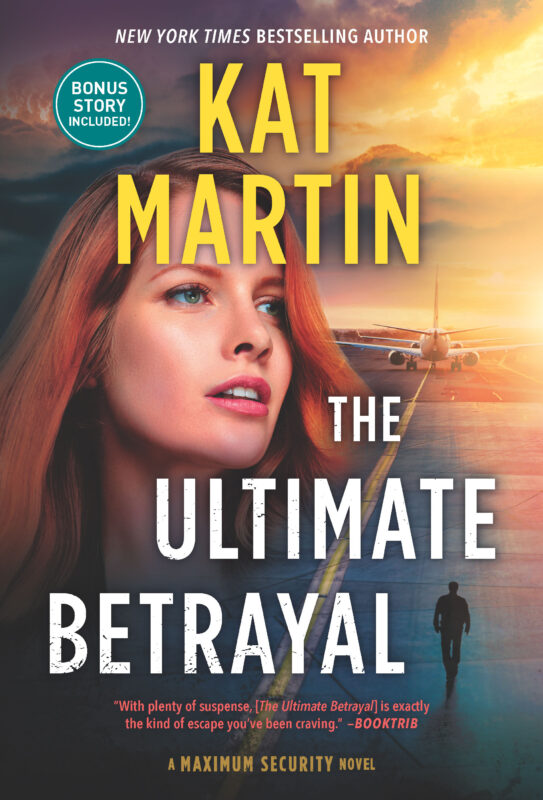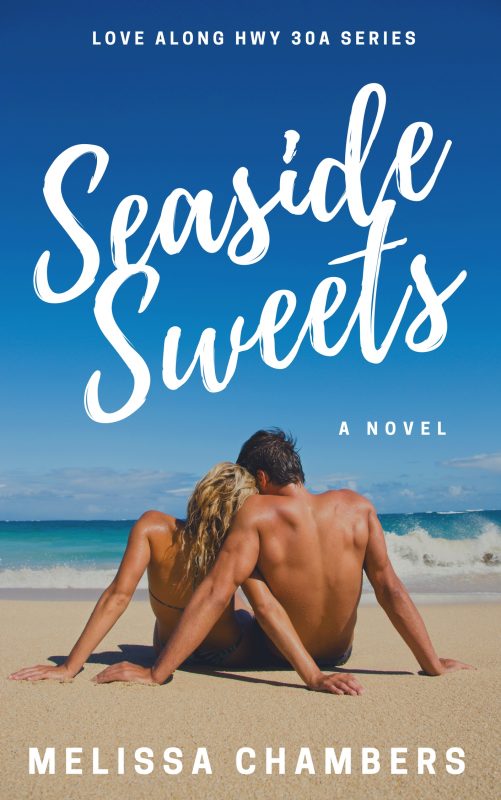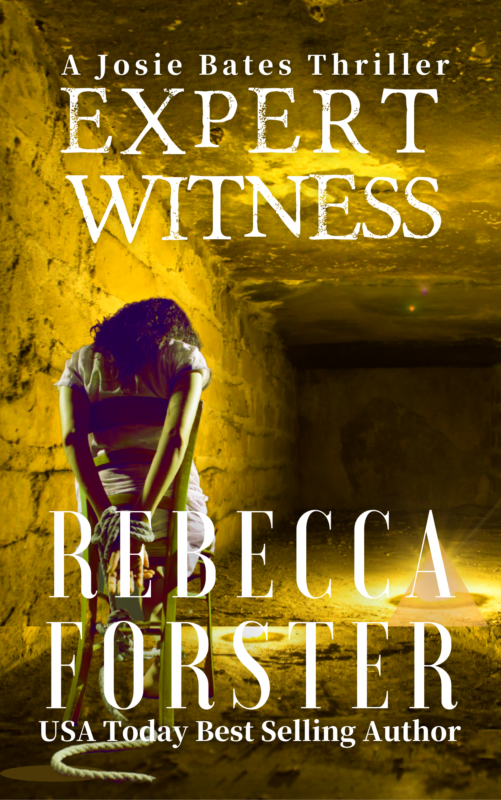1950s Holiday Movies: Stories to Remember by Janet Elizabeth Lynn and Will Zeilinger
December 3, 2019 by Janet Elizabeth Lynn and Will Zeilinger in category Partners in Crime by Janet Elizabeth Lynn & Will Zeilinger tagged as 1950s, holiday movies, Vintage 1950s
Christmastime is when the movie industry shows off their talents through art, storytelling and most of all, by making memories.
Though this movie was made in 1947, I just had to include it in the 1950s line up. One of my personal favorites during the holidays. The movie is a comedy-drama written and directed by George Seaton and based on a story by Valentine Davies. The story takes place starting Thanksgiving Day to just after Christmas Day in New York City. It centers around a department store Santa who claims to be the real Santa Clause. He is taken to court and a court trail begins to determine his sanity. It stars Maureen O’Hara, John Payne, Natalie Wood and Edmund Gwenn.
It is interesting that Maureen O’Hara originally did not want to do the movie since she had just moved to Ireland. But after she read the script she changed her mind and moved back to the US for the film.
This 1951 film of Charles Dickens’ classic novel is a British adaptation. It stars Alastair Sim as Ebenezer Scrooge, and was produced and directed by Brian Desmond Hurst. A London miser who, despite his wealth, refuses to make charitable contributions or provide holiday food to his sole employee, Bob Cratchit, an indentured servant played by Mervyn Jones. On Christmas Eve, Scrooge is visited by the ghost of past, present and future.
By the way, Sim and Michael Hordern (who plays adult Jacob Marley and his ghosts) reprised their roles two decades later with their voices to Richard Williams’ 1971 animated version of A Christmas Carol. Clive Donner, who edited the 1951 version, later directed the 1984 version.
A 1952 British drama film, centers around an English clergyman who neglects of his grown children, in his desire to support his parishioners. This becomes apparent during a family Christmas gathering. It was released in the U.S in 1954 . Starring Ralph Richardson, Celia Johnson and Margaret Leighton.
The tale was originally a British stage play then adapted for film.
An American musical film, released in 1954, was directed by Michael Curtiz. A successful song-and-dance team (played by Bing Crosby and Danny Kaye) become romantically involved with a sister act (portrayed by Rosemarie Clooney and Vera-Ellen) with whom they team up to save the failing Vermont inn of their former Army commanding general.
Originally Fred Astaire was cast opposite Bing Crosby. However, Astaire declined the project. Donald O’Connor was then signed to replace Astaire. However just before shooting begin, O’Connor had to drop out due to illness and was replaced by Danny Kaye.
For family fun during the week of Christmas why not gather the family together and have an old fashion holiday movie night and watch these movies together, as a family, like they did in the 1950s?
0 0 Read moreVINTAGE 1950s: 15 Minute Television Shows of the 1950s by Will Zeilinger
June 3, 2019 by Janet Elizabeth Lynn and Will Zeilinger in category Partners in Crime by Janet Elizabeth Lynn & Will Zeilinger tagged as A Skylar Drake Mystery, hard-boiled detective novels, Janet Elizabeth Lynn, Vintage 1950s, Will Zeilinger
15 Minute Shows
Throughout the 1950s, short local television programs popped up all over the airwaves. The majority were only fifteen to thirty minutes in length. Some of the programs were musical, comedy, or children’s radio programs that were ported over to the TV screen.
As in the transition from silent movies to talkies, moving from radio to television wasn’t always easy. The talent sometimes did not possess “screen appeal.” Unless a program was sponsored by a large corporation, the cost to produce a program was prohibitive. Studio time, talent and crew were all expenses that had to be worked into the budget, so most early television programs were limited to fifteen minutes in length.
Who knows? Maybe that was the seed for Andy Warhol’s famous statement, “In the future, everyone will be world-famous for 15 minutes.”
Here are a few of the fifteen minute programs I discovered:
Through Wendy’s Window
(1948–1950), began as a short cartoon-sketch program, it evolved into a longer interview series. It starred Wendy Barrie, Dave Davis, Morey Amsterdam, Rusty Arden
The Cliff Edwards Show
(1949– ) Television pioneer Cliff Edwards,also known as “Ukelele Ike,” hosted and began with his own radio program in the 1930s. He brought his musical talents to the new tiny screen in 1949. You may have heard his voice in many cartoons. Remember Jiminy Cricket in Walt Disney’s Pinocchio?
The Gabby Hayes Show
(1950–1954) was a western television series that showed clips from old westerns, or told tall tales for a primarily children’s audience. The star and Roy Rogers sidekick, George “Gabby” Hayes hosted the show that ran on NBC at 5:15 p.m. Eastern for fifteen minutes.
The Hazel Scott Show
(1950– ) Classical pianist turned jazz pianist Hazel Scott hosted the music series. She was the first African-American woman to host her own TV show. It starred Hazel Scott, and featured Gloria Lucas.

The Jaye P. Morgan Show
(1956– ) Her first big hit song, “Life Is Just a Bowl of Cherries” in 1951. She made her debut as a regular vocalist on Stop the Music (1949). She was a consistent guest performer on all the best variety showcases, including Perry Como and Ed Sullivan‘s shows, and managed to hostess her own variety program, The Jaye P. Morgan Show, accompanied by her singing siblings “The Morgan Brothers” (Duke, Bob, Charlie and Dick.)

The Spade Cooley Show
(1957– ) Beginning in June 1948, Cooley began hosting a variety show on KTLA-TV in Los Angeles, California. It was broadcast from the Santa Monica Pier Ballroom. The show became a mainstay of television in the area, and won local Emmy awards in 1952 and 1953. Some notable guests included Frank Sinatra and Dinah Shore.
Other well-known stars had their own short television programs as well, including Dinah Shore, Patti Page, Jonathan Winters, Walter Winchell, Jo Stafford. Tony Martin and, Vaughn Monroe.
Gradually, the most popular programs grew in length to thirty-minutes and ultimately, to the sixty-minute format we know today.
Books by Will Zeilinger and Janet Elizabeth Lynn
2 0 Read more
Vintage 1950s Holiday Music
December 3, 2018 by Janet Elizabeth Lynn and Will Zeilinger in category Partners in Crime by Janet Elizabeth Lynn & Will Zeilinger tagged as Christmas Music, Holiday Music, memory lane, rock-and-roll, Vintage 1950sVintage 1950s Holiday Music
by
Janet Elizabeth Lynn
I thought it would be nice to listen to some of the music that we still hear during the Christmas Holidays. I’ve included the links for your “waltz down memory lane”. Here are the top ten Christmas hits in the1950s.
(In chronological order of release)
 (There’s No Place Like) Home for the Holidays
(There’s No Place Like) Home for the Holidays
Home for the Holidays was written by Al Stillman and Robert Allen. It was a hit in 1955, but has also been recorded by numerous other artists. Listen on YouTube
 I Heard the Bells on Christmas Day
I Heard the Bells on Christmas Day
In 1956, Bing Crosby’s version was released as a single. Longfellow’s poem resulted when his personal peace was shaken. His second wife of 18 years was tragically burned in a fire, leaving him a widower of six children. Soon after, Longfellow’s oldest son, Charles Appleton Longfellow, joined the Union Army, he was severely wounded in the battle. He wrote the poem December,1863. The lyrics were by Johnny Marks and John Baptiste Calkin. Listen on YouTube
 Nuttin’ for Christmas
Nuttin’ for Christmas
Also known as “Nothing for Christmas,” Nuttin’ for Christmas was a novelty Christmas song written by Sid Tepper and Roy C. Bennett. It became a hit during the 1955 Christmas season when it appeared in Billboard’s pop charts by five different artists. The highest-charting of the five recordings was released by Art Mooney and His Orchestra, with six-year-old Barry Gordon as lead vocalist. Listen on YouTube
 Mary’s Boy Child
Mary’s Boy Child
Mary’s Boy Child a 1956 Christmas song, written by Jester Hairston. It is widely performed as a Christmas carol. Harry Belafonte heard the song being performed by a choir and sought permission to record it. It was recorded for his album An Evening with Belafonte. Listen on YouTube
 Jingle Bell Rock
Jingle Bell Rock
The song was written and performed by Bobby Helms in 1957 and has received frequent airplay during every Christmas season since. The song has hit the Billboard charts a record six times since its original release. Listen on YouTube
 Blue Christmas
Blue Christmas
A Blue Christmas was written by Billy Hayes and Jay W. Johnson and most famously performed by Elvis Presley. Elvis Presley cemented the status of Blue Christmas as a rock-and-roll holiday classic by recording it for his 1957 LP Elvis’ Christmas Album. Listen on YouTube
 Run Rudolph Run
Run Rudolph Run
Run Rudolph Run was written by Johnny Marks and Marvin Brodie. The song was first recorded by Berry in 1958 released as a single. Listen on YouTube
 Rockin’ Around the Christmas Tree
Rockin’ Around the Christmas Tree
Written by Johnny Marks and recorded by Brenda Lee in 1958, Rocking Around the Christmas Tree was a rockabilly/rock-and-roll flavored Christmas tune. While it was ignored in its first two seasons, the song hit #16 on the Billboard pop chart during the Christmas season of 1960. Eight million copies were sold the first thirty years. Listen on YouTube
 The Chipmunk Song
The Chipmunk Song
The Chipmunk Song (Christmas Don’t Be Late) is a Christmas song written by Ross Bagdasarian Sr. (a.k.a. David Seville) in 1958. Bagdasarian sang and recorded the song, varying the tape speeds to produce high-pitched “chipmunk” voices for the chipmunks: Alvin, Simon, and Theodore. Listen on YouTube
 The Little Drummer Boy
The Little Drummer Boy
This song was originally called Carol of the Drums, a Czech folksong which Katherine Davis translated to English in 1941. When the Twentieth-Century Fox Records label contracted Simeone to make a Christmas album in 1958, he assembled a group he called The Harry Simeone Chorale and searched for recording material. Simeone changed the title to The Little Drummer Boy. Listen on YouTube
4 0 Read more
Affiliate Links
A Slice of Orange is an affiliate with some of the booksellers listed on this website, including Barnes & Nobel, Books A Million, iBooks, Kobo, and Smashwords. This means A Slice of Orange may earn a small advertising fee from sales made through the links used on this website. There are reminders of these affiliate links on the pages for individual books.
Search A Slice of Orange
Find a Column
Archives
Featured Books
FATED HEARTS: A Love After All Retelling of the Scottish Play
Everything he’d believed to be true was a lie.
More info →
MY FRIEND JACKSON
Can Jasmine untangle her life and reclaim her identity, her life—her soul?
More info →THE ULTIMATE BETRAYAL
To prove her father’s innocence, she’ll have to turn a killer's sights on herself.
More info →SEASIDE SWEETS
After her ex runs up her credit card, clears her bank account, and gets her fired, Seanna escapes to Seaside, Florida where the men are hot as the Gulf Coast sun…one in particular.
More info →EXPERT WITNESS
Josie Bates disappears without a trace and the investigation finds more than one person who wants her dead.
More info →Newsletter
Contributing Authors
Search A Slice of Orange
Find a Column
Archives
Authors in the Bookstore
- A. E. Decker
- A. J. Scudiere
- A.J. Sidransky
- Abby Collette
- Alanna Lucus
- Albert Marrin
- Alice Duncan
- Alina K. Field
- Alison Green Myers
- Andi Lawrencovna
- Andrew C Raiford
- Angela Pryce
- Aviva Vaughn
- Barbara Ankrum
- Bethlehem Writers Group, LLC
- Carol L. Wright
- Celeste Barclay
- Christina Alexandra
- Christopher D. Ochs
- Claire Davon
- Claire Naden
- Courtnee Turner Hoyle
- Courtney Annicchiarico
- D. Lieber
- Daniel V. Meier Jr.
- Debra Dixon
- Debra H. Goldstein
- Debra Holland
- Dee Ann Palmer
- Denise M. Colby
- Diane Benefiel
- Diane Sismour
- Dianna Sinovic
- DT Krippene
- E.B. Dawson
- Emilie Dallaire
- Emily Brightwell
- Emily PW Murphy
- Fae Rowen
- Faith L. Justice
- Frances Amati
- Geralyn Corcillo
- Glynnis Campbell
- Greg Jolley
- H. O. Charles
- Jaclyn Roché
- Jacqueline Diamond
- Janet Lynn and Will Zeilinger
- Jeff Baird
- Jenna Barwin
- Jenne Kern
- Jennifer D. Bokal
- Jennifer Lyon
- Jerome W. McFadden
- Jill Piscitello
- Jina Bacarr
- Jo A. Hiestand
- Jodi Bogert
- Jolina Petersheim
- Jonathan Maberry
- Joy Allyson
- Judy Duarte
- Justin Murphy
- Justine Davis
- Kat Martin
- Kidd Wadsworth
- Kitty Bucholtz
- Kristy Tate
- Larry Deibert
- Larry Hamilton
- Laura Drake
- Laurie Stevens
- Leslie Knowles
- Li-Ying Lundquist
- Linda Carroll-Bradd
- Linda Lappin
- Linda McLaughlin
- Linda O. Johnston
- Lisa Preston
- Lolo Paige
- Loran Holt
- Lyssa Kay Adams
- Madeline Ash
- Margarita Engle
- Marguerite Quantaine
- Marianne H. Donley
- Mary Castillo
- Maureen Klovers
- Megan Haskell
- Melanie Waterbury
- Melissa Chambers
- Melodie Winawer
- Meriam Wilhelm
- Mikel J. Wilson
- Mindy Neff
- Monica McCabe
- Nancy Brashear
- Neetu Malik
- Nikki Prince
- Once Upon Anthologies
- Paula Gail Benson
- Penny Reid
- Peter Barbour
- Priscilla Oliveras
- R. H. Kohno
- Rachel Hailey
- Ralph Hieb
- Ramcy Diek
- Ransom Stephens
- Rebecca Forster
- Renae Wrich
- Roxy Matthews
- Ryder Hunte Clancy
- Sally Paradysz
- Simone de Muñoz
- Sophie Barnes
- Susan Squires
- T. D. Fox
- Tara C. Allred
- Tara Lain
- Tari Lynn Jewett
- Terri Osburn
- Tracy Reed
- Vera Jane Cook
- Vicki Crum
- Writing Something Romantic
Affiliate Links
A Slice of Orange is an affiliate with some of the booksellers listed on this website, including Barnes & Nobel, Books A Million, iBooks, Kobo, and Smashwords. This means A Slice of Orange may earn a small advertising fee from sales made through the links used on this website. There are reminders of these affiliate links on the pages for individual books.

























